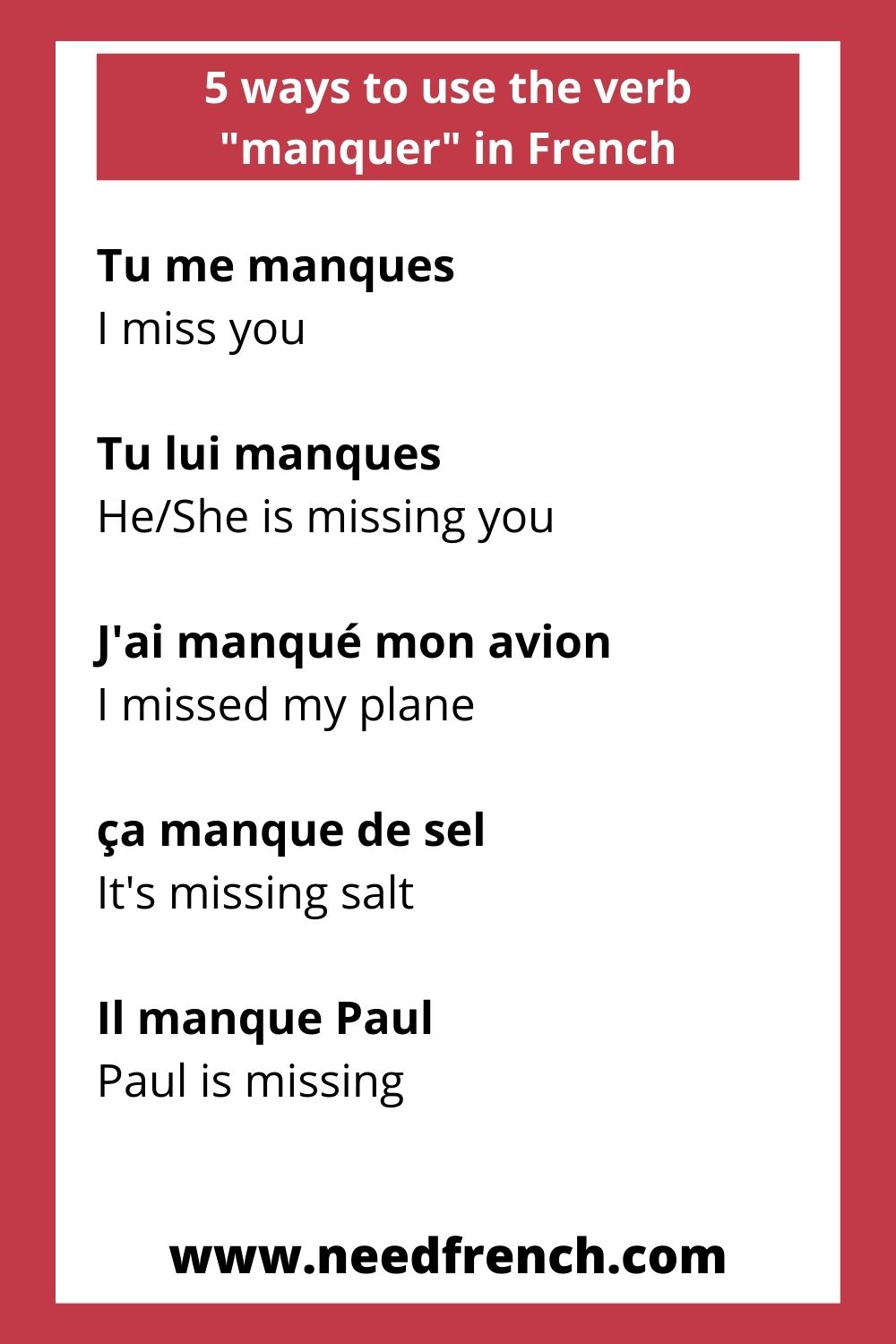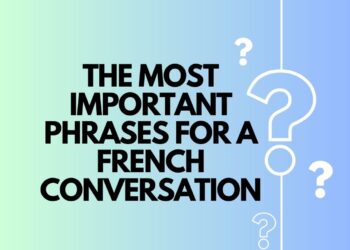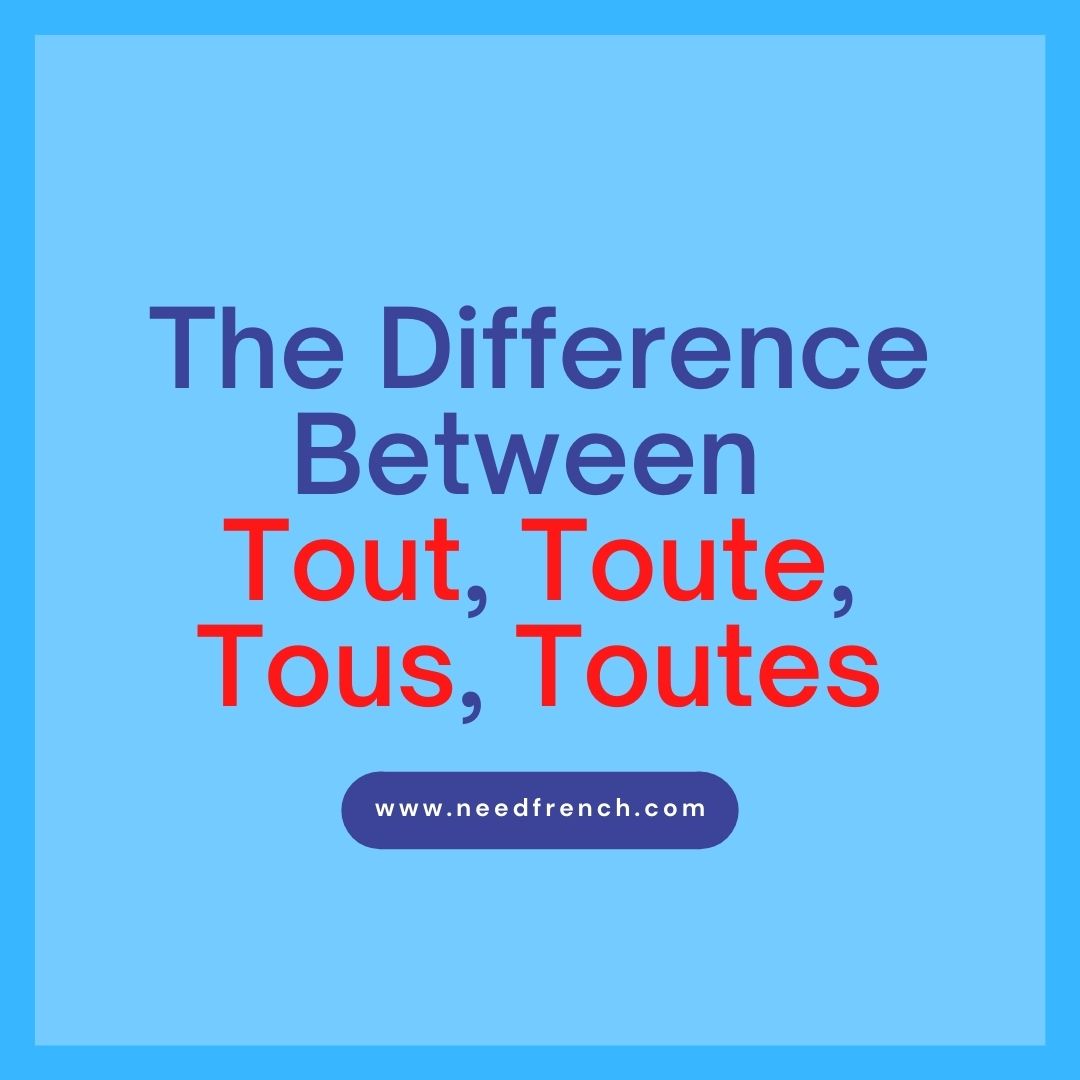English and French share many cognates – words that are similar in spelling and meaning due to their shared linguistic history. Cognates can make learning vocabulary in a new language easier, as the words are already familiar.
There are hundreds of cognates between English and French across a range of topics including food, clothing, animals, school, and more. Some examples of common cognates are:
- Abeille – Bee
- Abricot – Apricot
- Accident – Accident
- Action – Action
- Addition – Addition
- Adresse – Address
- Ambition – Ambition
- Animal – Animal
- Appétit – Appetite
- Attention – Attention
- Avantage – Advantage
- Bagage – Baggage
- Banane – Banana
- Banque – Bank
- Bateau – Boat
- Beurre – Butter
- Bicyclette – Bicycle
- Bœuf – Beef
- Boisson – Beverage
- Boutique – Boutique
- Café – Coffee
- Calendrier – Calendar
- Caméra – Camera
- Carte – Card
- Célébration – Celebration
- Cérémonie – Ceremony
- Chambre – Chamber
- Chat – Cat
- Chef – Chef
- Chimie – Chemistry
- Chocolat – Chocolate
- Cigarette – Cigarette
- Cinéma – Cinema
- Cité – City
- Civilisation – Civilization
- Classe – Class
- Climat – Climate
- Clown – Clown
- Coiffeur – Coiffeur
- Collection – Collection
- Collège – College
- Comédie – Comedy
- Commentaire – Comment
- Communauté – Community
- Communication – Communication
- Compagnie – Company
- Compétition – Competition
- Compliment – Compliment
- Compréhension – Comprehension
- Conférence – Conference
- Confiance – Confidence
- Conflit – Conflict
- Confort – Comfort
- Connaissance – Connaissance
- Conscience – Conscience
- Consommation – Consumption
- Constitution – Constitution
- Contexte – Context
- Continent – Continent
- Contrôle – Control
- Conversation – Conversation
- Coton – Cotton
- Courage – Courage
- Culture – Culture
- Cyclisme – Cycling
- Danger – Danger
- Danse – Dance
- Défense – Defense
- Définition – Definition
- Dictionnaire – Dictionary
- Différence – Difference
- Différent- Different
- Direction – Direction
- Discipline – Discipline
- Discussion – Discussion
- Docteur – Doctor
- Éducation – Education
- Émotion – Emotion
- Énergie – Energy
- Enfant – Infant
- Environnement – Environment
- Évolution – Evolution
- Examen – Exam
- Exemple – Example
- Exercice – Exercise
- Expression – Expression
- Fleur – Flower
- Fonction – Function
- Froid – Cold
- Fruit – Fruit
- Futur – Future
- Langage – Language
- Mariage – Marriage
- Musique – Music
- Orange – Orange
- Pantalon – Pants
- Pigeon – Pigeon
- Sauce – Sauce
- Siècle – Century
- Thé – Tea
- Trafic – Traffic
- Véhicule – Vehicle
Cognates may not be exact matches. There are often small spelling or pronunciation differences. For example, “pigeon” in French has a soft “g” sound. And “difference” in French ends with the letters “-ence” instead of “-ence”.
Being aware of these similarities allows language learners to rapidly expand their vocabulary. Seeing the connections between English and French provides motivation to continue learning.
Cognates also reveal the shared history between languages. English has its roots in Anglo-Saxon and Latin, amongst other influences. French emerged from Latin as well. This shared origin centuries ago still echoes through common vocabulary today.
So pay attention to cognates when studying French or English as a second language. These similar words are an easy boost to language skills, connecting the new words to ones already stored in your mental lexicon. With cognates on your side, you’ll make swift progress.















Very interested in your website.
Pls add me to your mailing list
Thanks.
Azir